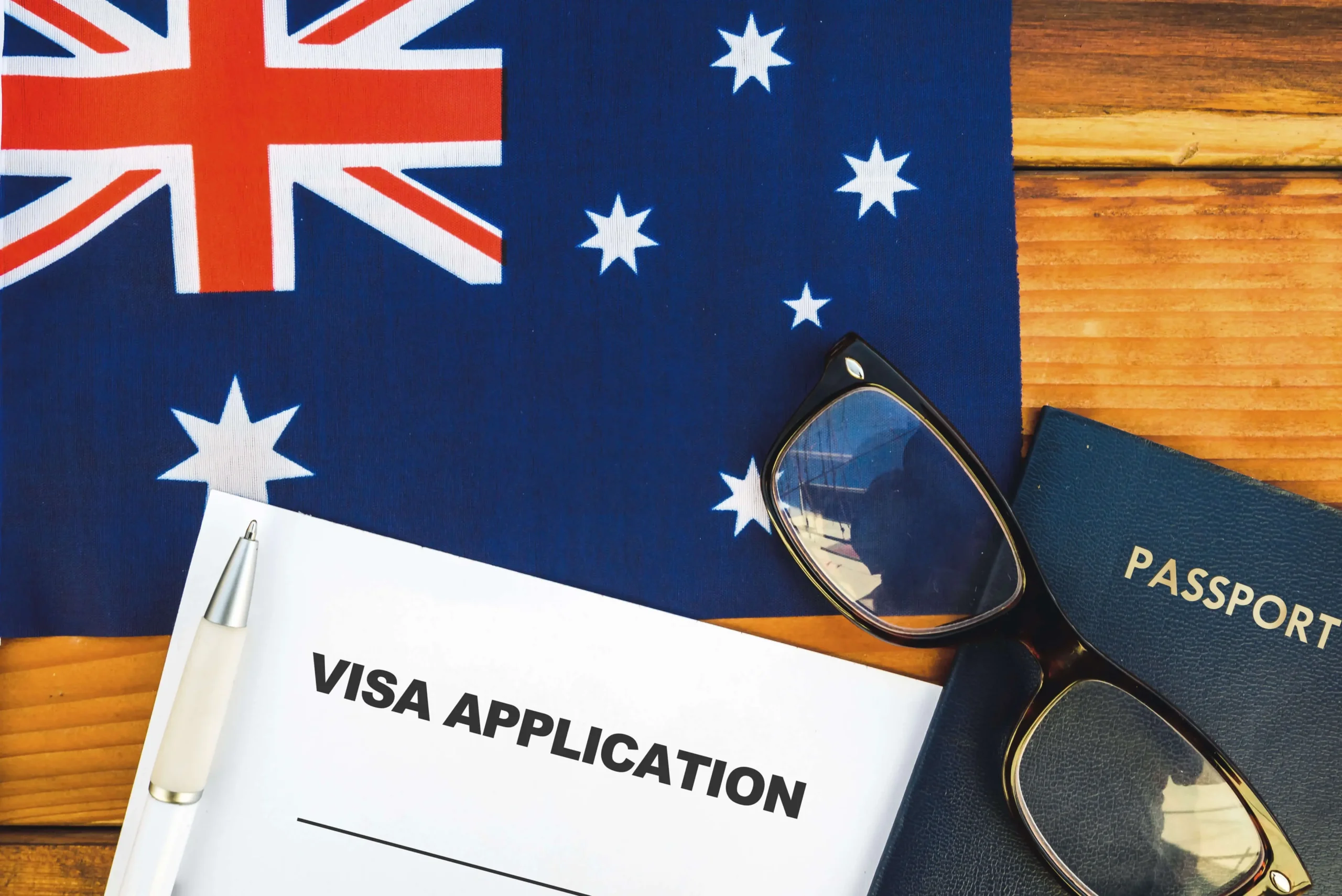Australia, with its stunning landscapes, diverse culture, and thriving economy, is a top destination for people seeking new opportunities. Whether you are planning to visit for leisure or work, securing the right visa is crucial. In this guide, we will delve into various aspects of Australian visas, focusing on key categories, eligibility criteria, and application procedures.
1. Types of Visas in Australia
Australia offers a wide range of visas tailored to suit different purposes, such as tourism, work, study, and family reunification. Some of the most popular visa categories include:
- Visitor Visa (subclass 600): Ideal for tourists, family visits, or business trips.
- Working Holiday Visa (subclass 417/462): For young adults who wish to work and travel in Australia for up to a year.
- Student Visa (subclass 500): Allows international students to study in Australia at approved institutions.
- Skilled Migration Visas: These are for skilled workers looking to live and work in Australia. The eligibility criteria vary depending on the specific visa subclass.
- Family Visas: Designed for people who want to join their family members in Australia, including Partner visas, Parent visas, and Child visas.
2. Eligibility Criteria
Eligibility requirements vary depending on the type of visa you are applying for. Here are some common factors considered during the assessment:
- Age: Some visas have age restrictions, especially working holiday and skilled migration visas.
- Skills and Qualifications: Skilled migration visas require specific skills and qualifications relevant to the Australian labor market.
- Health and Character: Applicants must meet health and character requirements, often requiring a medical examination and police clearance.
- Financial Capacity: Some visas may require evidence of sufficient funds to support yourself during your stay.
- Sponsorship: Family reunion visas often require sponsorship by an Australian citizen or permanent resident.
- English Language Proficiency: For certain visas, like skilled migration, proof of English language proficiency may be necessary.
3. Application Process
Applying for an Australian visa involves several steps:
- Select the Right Visa: Choose the visa category that matches your intended purpose and eligibility.
- Gather Documents: Collect all required documents, which may include passport copies, education certificates, employment records, and more.
- Create an ImmiAccount: Most visa applications are submitted online through the Department of Home Affairs’ ImmiAccount system.
- Pay Application Fees: Pay the visa application fee, which varies based on the visa type.
- Submit Application: Complete the online application form and attach the necessary documents.
- Biometrics and Health Checks: Some visas may require biometrics (fingerprints and photos) and health checks.
- Wait for a Decision: The processing time varies depending on the visa category. It’s essential to check the current processing times on the Department of Home Affairs’ website.
- Notification of Decision: You will receive a notification once your visa is granted or if further information is needed.
4. Visa Conditions
Every Australian visa comes with specific conditions that you must adhere to during your stay. These conditions can include restrictions on work, study, or travel. It is crucial to understand and comply with these conditions to avoid visa cancellation.
5. Visa Extensions and Renewals
If you want to extend your stay in Australia, you may be able to apply for a new visa or an extension, depending on your circumstances. Be sure to apply before your current visa expires to maintain your legal status.
6. Visa Cancellations and Appeals
Visa cancellations can occur if you breach visa conditions or if the Department of Home Affairs determines that you no longer meet the eligibility criteria. If your visa is canceled, you may have the right to appeal the decision.
7. Seek Professional Assistance
Navigating the Australian visa application process can be complex, especially for skilled migration visas. Consider seeking the help of a registered migration agent or immigration lawyer to ensure your application is accurate and complete.
In conclusion, obtaining a visa for Australia requires careful consideration of your eligibility, the type of visa you need, and adherence to application procedures. With the right visa, you can explore all that Australia has to offer, from its natural wonders to its vibrant cities and thriving job market. Stay updated on the latest visa requirements and regulations to make your Australian adventure a seamless and enjoyable experience.

